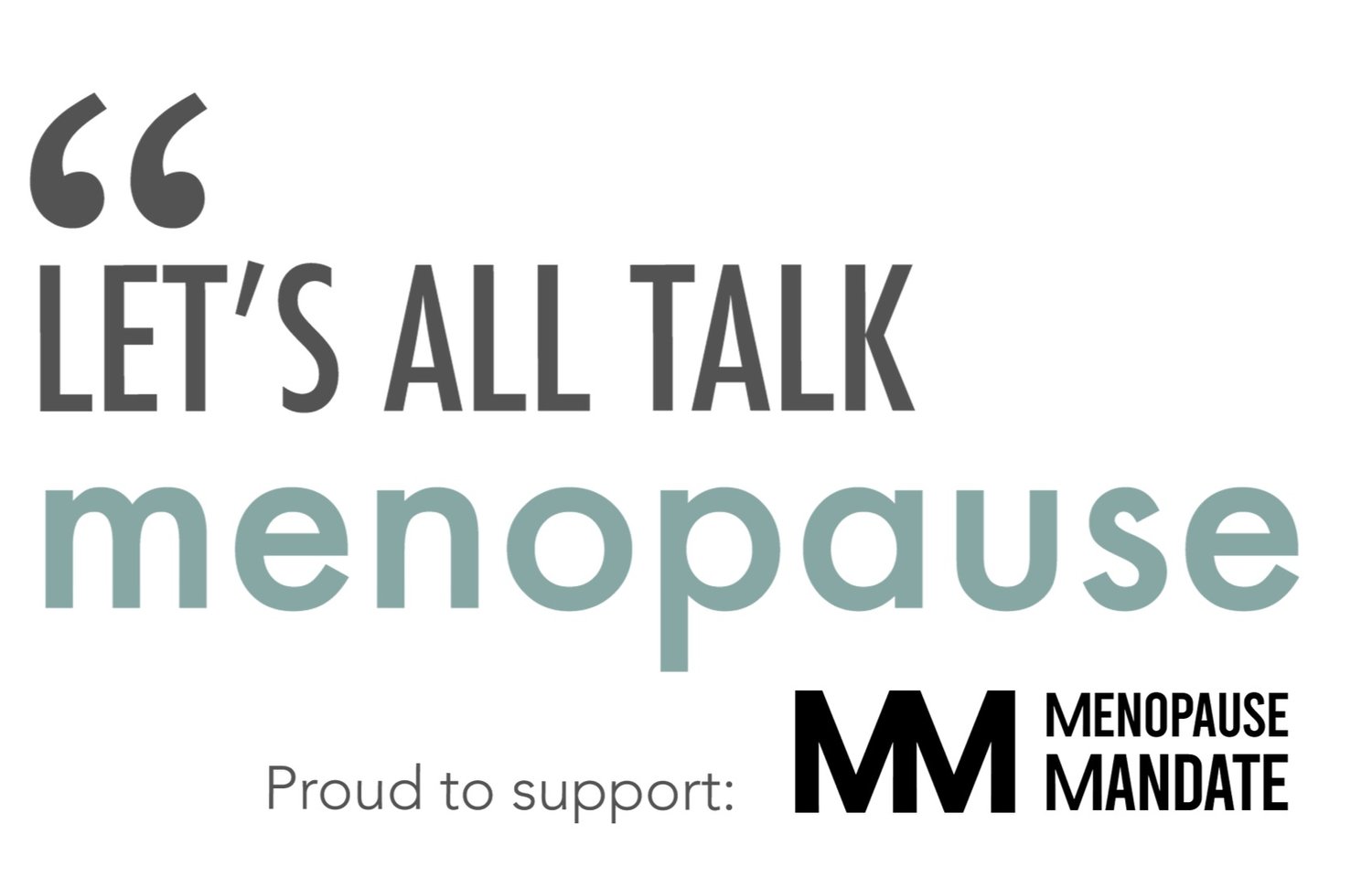Menopause and Histamine Intolerance: What's the Connection? with Dr Corinne Fletcher
October is World Menopause Month, and it's a great time to talk about menopause and its lesser-known symptoms, like histamine intolerance.
"It's a stressful time for many, and stress pushes up histamine levels significantly."
How Menopause Affects Histamine
During perimenopause, hormone levels, especially oestrogen and progesterone, fluctuate. Oestrogen can increase histamine levels, while progesterone helps break it down. This imbalance can lead to histamine intolerance, causing symptoms like rashes, migraines, and anxiety.
Symptoms Overlap
Histamine intolerance symptoms often mimic menopause symptoms, making it tricky to tell them apart. Common signs include skin issues, headaches, and digestive problems.
"HRT can help, but it can also make histamine symptoms worse."
Managing Symptoms
HRT: Hormone Replacement Therapy can help balance hormones but might also increase histamine symptoms. It's all about finding the right balance.
Diet: Consider a low-histamine diet, but don't go overboard. It's best to get advice from a nutritionist.
Lifestyle: Lower stress, get enough sleep, and try gentle exercises like yoga to help manage symptoms.
Supplements: Antihistamines and supplements like vitamin C and B vitamins can help some people.
"It's important to be aware of what's going into the top end of the histamine bucket."
Genetics and Lifestyle
Some people are genetically predisposed to histamine issues, but lifestyle changes can make a big difference.
Wrap-Up
Histamine intolerance during menopause is complex but manageable. Understanding the hormone-histamine link can help women handle this phase better. Always consult with a healthcare professional for personalised advice.
